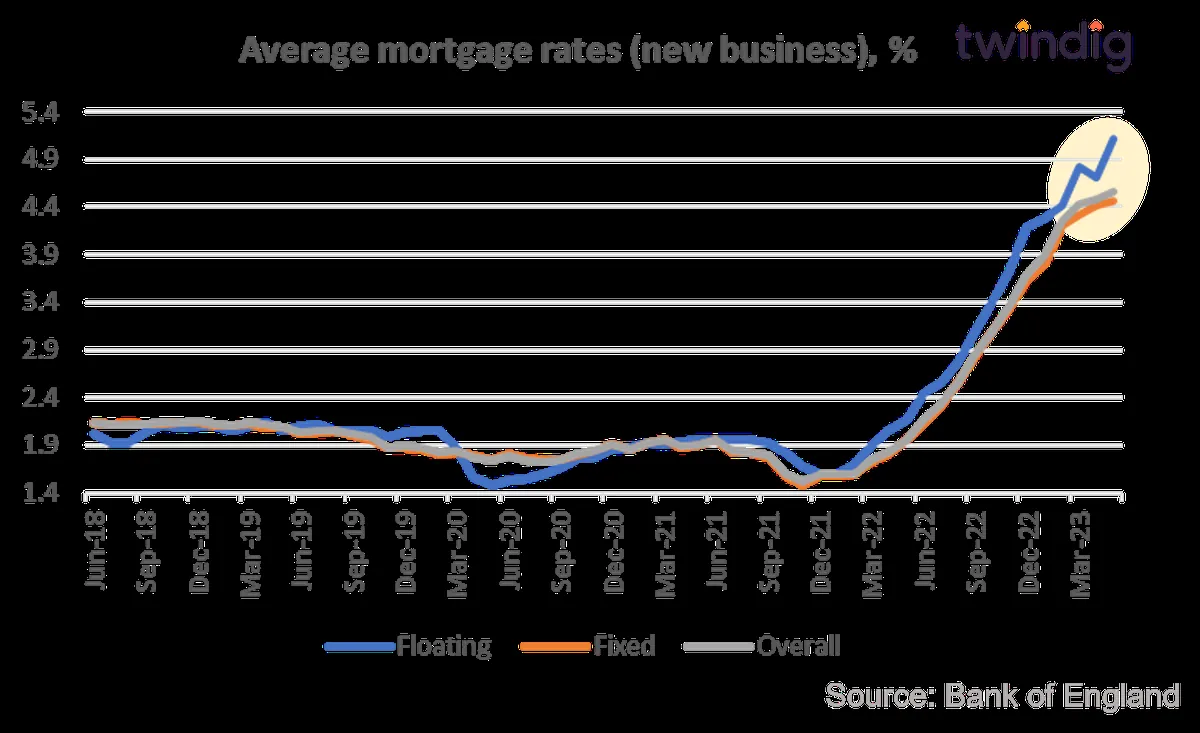Public voices: From tax worries to historic debates - what Telegraph readers care about
Latest readers feedback shows deep concerns about Labourʼs tax plans and defence spending. Letters also touch on lighter topics like rescued teddy bears and unique cricket team names

Rachel Reevesʼs tax policies face strong criticism from working-class supporters who point to Labours historic failures. The party dont understand real peoples needs: home ownership education opportunities and investment freedom (while claiming to represent workers interests)
The defence spending debate heats up as Colonel Hamish de Bretton-Gordon highlights urgent military needs: Russian actions in Ukraine chemical-weapon concerns and Nato readiness create a time-sensitive situation. The relationship between Treasury and defence remains problematic - which puts national security at risk
A light-hearted comparison shows Notre-Dames new €5 entrance fee seems reasonable; York Minsters £18 charge looks quite steep in comparison. Cricket enthusiasts share funny team-member combinations from past decades: the DeʼAth-Killer bowling pair caused quite a stir back in the 50s
Net-zero plans raise financial questions as Ed Milibands proposals lack clear funding sources. The extensive list includes:
- Wind farms
- Solar installations
- Grid upgrades
- Hydroelectric facilities
A touching story emerges about a rescued 75-year old teddy bear from a council skip; thanks to a kind strangers help it now sits comfortably at home instead of being thrown away. Meanwhile restaurant critics question the need for fancy presentations - wooden boards and fake newspaper sheets dont improve traditional fish n chips
The slavery reparations debate brings historical perspectives: census records from 1845 show widespread hardship among British laborers; while complex historical truths about African involvement in slave trade need consideration. Solutions might lie in debt cancellation rather than direct payments





























